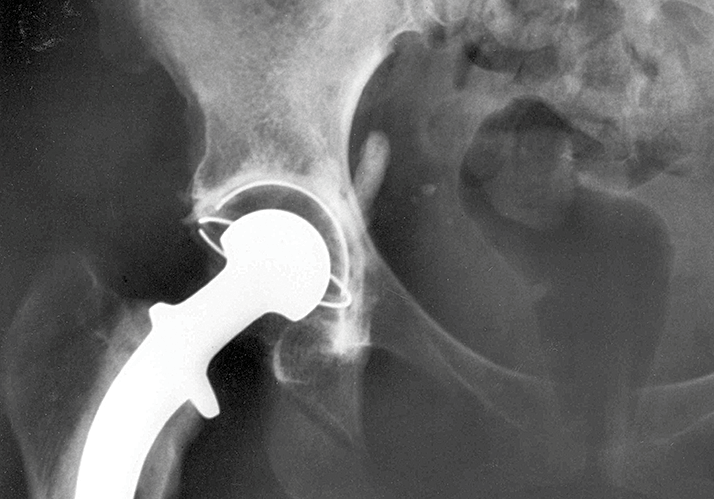
Over the last 20 years, metallic joint replacement devices have been used in several million patients all over the world with excellent results. Titanium is one of the most frequently used metals in prostheses because of its high strength, low weight, corrosion-resistance and biocompatibility. But, health authorities – and patients – are increasingly being confronted with unexplained pain and soft tissue reactions following implant insertion. The question is: “could this be attributed to metal toxicity?” Metal ions and particles generated by wear and corrosion of the prostheses is one cause for concern, but even in patients with well-functioning prostheses, the consequence of prolonged systemic exposure to metal remains unclear.
Concentrations of metals in clinical samples are typically in the (sub)-µg/L range. Now, researchers of the Department of Analytical Chemistry at Ghent University, Belgium, and the University of Zaragoza, Spain, have developed a novel method for the determination of titanium at ultra-trace levels, based on the use of a triple-quadrupole inductively coupled plasma - mass spectrometer (ICP-QQQ), operating in MS/MS mode (1). The accurate determination of very low levels of titanium in human body fluids is traditionally hindered by spectral overlap of the signals obtained for the different titanium isotopes and those of matrix-based interfering ions. However, the presence of an extra quadrupole in front of the reaction/collision cell in the ICP-QQQ instrument means it can be operated in MS/MS mode. This set-up gives enhanced control over the chemical reactions taking place in the reaction cell. The conversion of Ti+ ions into Ti(NH3)6+ cluster ions by NH3/He reaction gas enables interference-free conditions for accurate and precise determinations of very low titanium concentrations in human serum samples. The instrumental limit of detection (LOD) is 3 ng/L, which is the lowest LOD ever obtained for Ti using quadrupole-based instrumentation. It means that titanium concentrations in control samples from healthy individuals can also be determined accurately.
In the initial study performed in Ghent by Frank Vanhaecke’s group, serum samples from four healthy individuals and four patients with Ti-6Al-4V hip prostheses of at least 4 years old were collected and analyzed by ICP-QQQ. The typical basal titanium level in control serum samples was under 1 µg/L while for implant patients, values in the range of 2-6 µg/L were observed. These results indicate that implants can cause elevated titanium levels in body fluids, even if the device appears to be functioning correctly. Further investigations may help predict prosthesis malfunction and toxicity, in which case accurate and highly sensitive analytical methods for titanium determination in clinical samples will be invaluable.
References
- L. Balcaen et al., “Accurate determination of ultra-trace levels of Ti in blood serum using ICP-MS/MS”, Analytica Chimica Acta (2013) (DOI: 10.1016/j.aca.2013.10.017) – in press.




